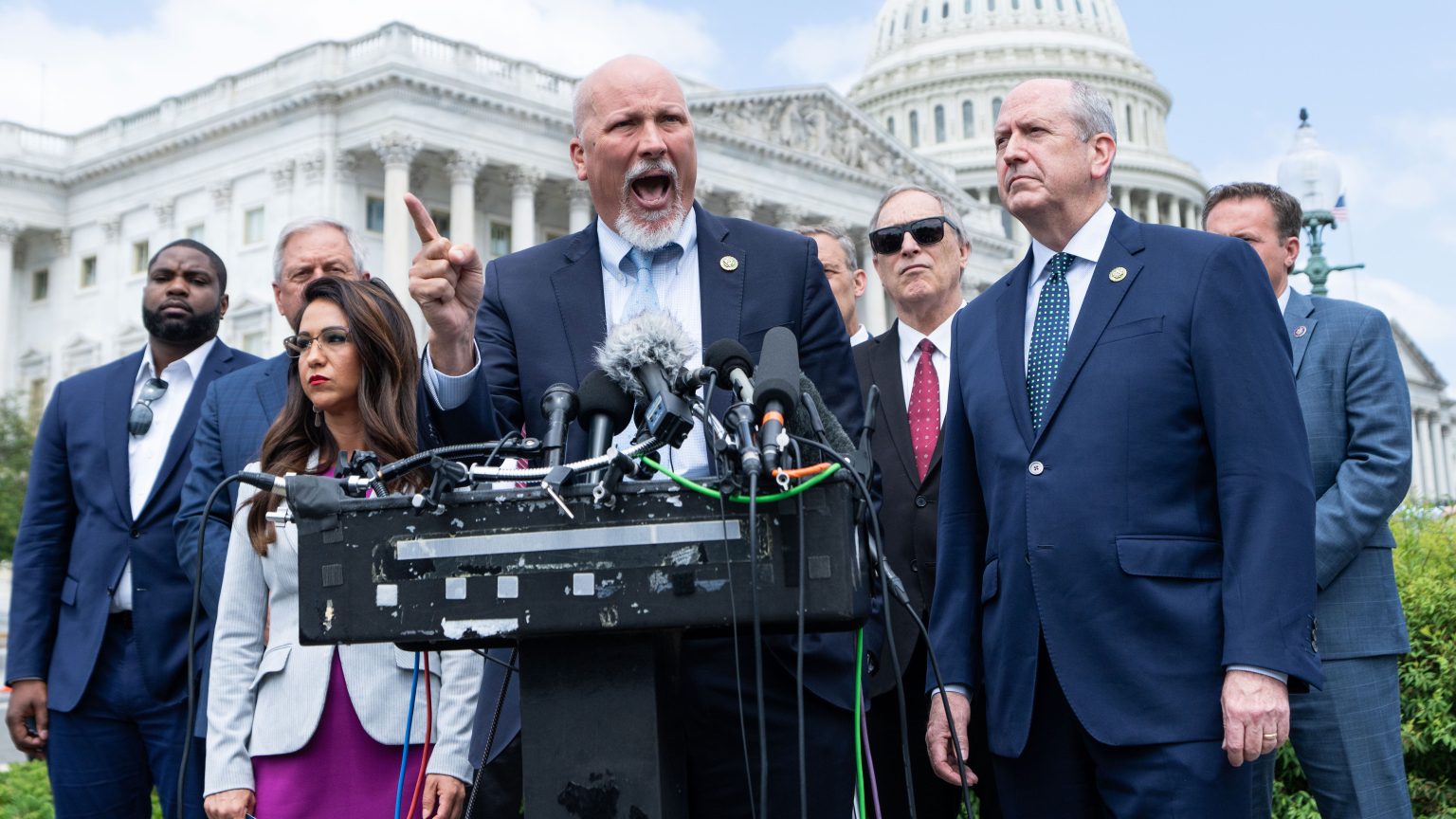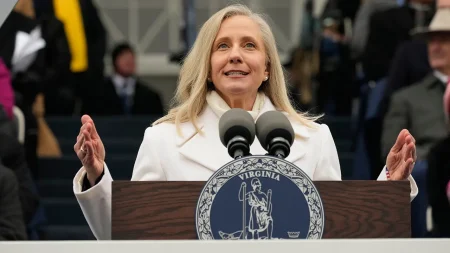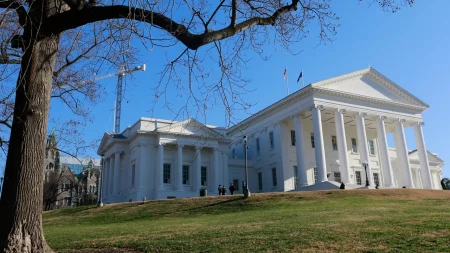The House Freedom Caucus, an ultra-conservative group within the Republican Party, has positioned itself firmly against President Biden’s recent request for $98.4 billion in disaster aid. Expressing their view through an official statement, the members of the caucus argue that any disaster relief package should be significantly reduced and limited to immediate necessities, accompanied by cuts to other areas of federal spending. The statement emphasizes the urgency for Congress to reject a large, unpaid disaster funding bill that could empower Democrats to push unrelated priorities right before the GOP regains control of the White House and both legislative chambers. They stress the importance of focusing on providing essential relief for hurricane victims and farmers and managing the financial implications responsibly by offsetting the costs with savings from other government expenditures.
The context for this contentious debate comes as Congress is embroiled in negotiations over the size and structure of the proposed disaster aid package and whether it should be combined with an end-of-year federal funding bill. This funding bill is crucial for avoiding a partial government shutdown during the holiday season, adding urgency to the discussions. The devastation caused by recent hurricanes, with tragedies such as more than 100 fatalities in North Carolina alone from Hurricane Helene, underscores the critical need for timely disaster relief. In the wake of these storms, both House and Senate lawmakers are recognizing the dire situation, yet the path forward remains fraught with differing viewpoints on fiscal responsibility and the scale of the aid needed.
Republican Senator Thom Tillis from North Carolina has publicly voiced support for a sizable disaster aid package, suggesting that around $100 billion might be necessary, particularly given the estimated $50 billion in damage within his state alone. He has made a compelling argument that neglecting the needs of those affected by such catastrophes would be playing politics with their lives, emphasizing the long recovery process ahead. Meanwhile, some members of the GOP remain firmly against supporting President Biden’s large federal expenditure request without implementing corresponding cuts elsewhere, highlighting an ongoing struggle between immediate relief efforts and broader fiscal conservatism.
Members of the Freedom Caucus are unyielding in their stance, with Representative Chip Roy of Texas asserting a “zero chance” of his support for an unpaid $100 billion disaster relief package. This highlights a significant rift within the party regarding financial priorities and the national debt. Some Republican lawmakers, while aware of the urgent need for disaster funds, advocate for a more balanced approach to budgeting that does not exacerbate the deficit. Representative Chuck Edwards from North Carolina, who has been in discussions regarding a disaster aid bill, notes that crafting the specifics of the aid package is still underway, indicating a complex negotiation process among Republican leaders and other congressional members.
As deadlines loom, congressional leaders are weighing different options for a continuing resolution (CR), which would temporarily extend current funding levels while negotiations continue. Edwards conveyed an openness to structural alternatives for the disaster aid package, noting it could either be included within the CR or exist alongside it as a standalone measure, reflecting the fluidity of the situation. The urgency to finalize an appropriate disaster relief solution that also aligns with fiscal guidelines is paramount, emphasizing the ongoing deliberations and complications faced within Congress.
Speaker Mike Johnson of Louisiana, who convened discussions on disaster aid with the Freedom Caucus, has been cautious in revealing specific plans. He acknowledged the severity of the damage caused by the hurricanes yet indicated that the initial request from the administration was overly ambitious at $116.5 billion. Johnson emphasized the need for a meticulous examination of aid requests to ensure that they directly correlate with disaster relief without including unnecessary expenses. This careful approach underlines the complexities of the negotiations and the Republican Party’s broader struggle between providing immediate assistance for disaster recovery and adhering to fiscal conservatism principles amid pressing national challenges.















